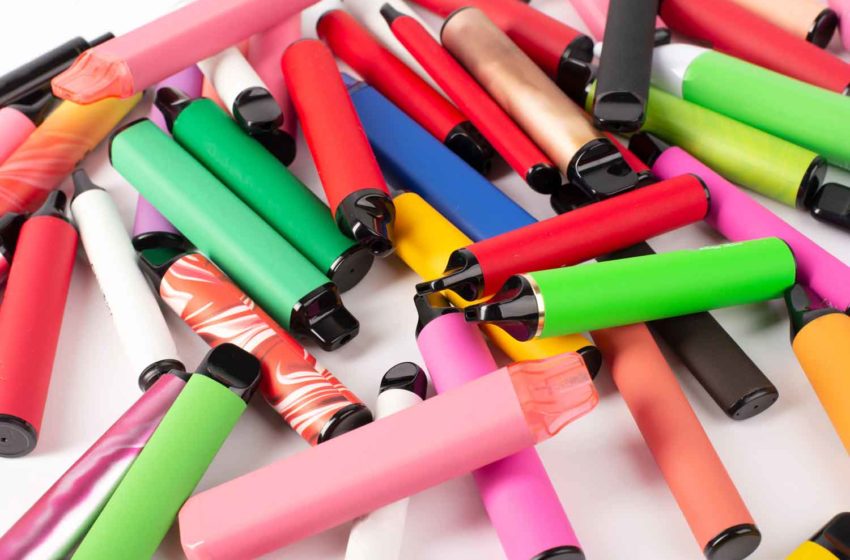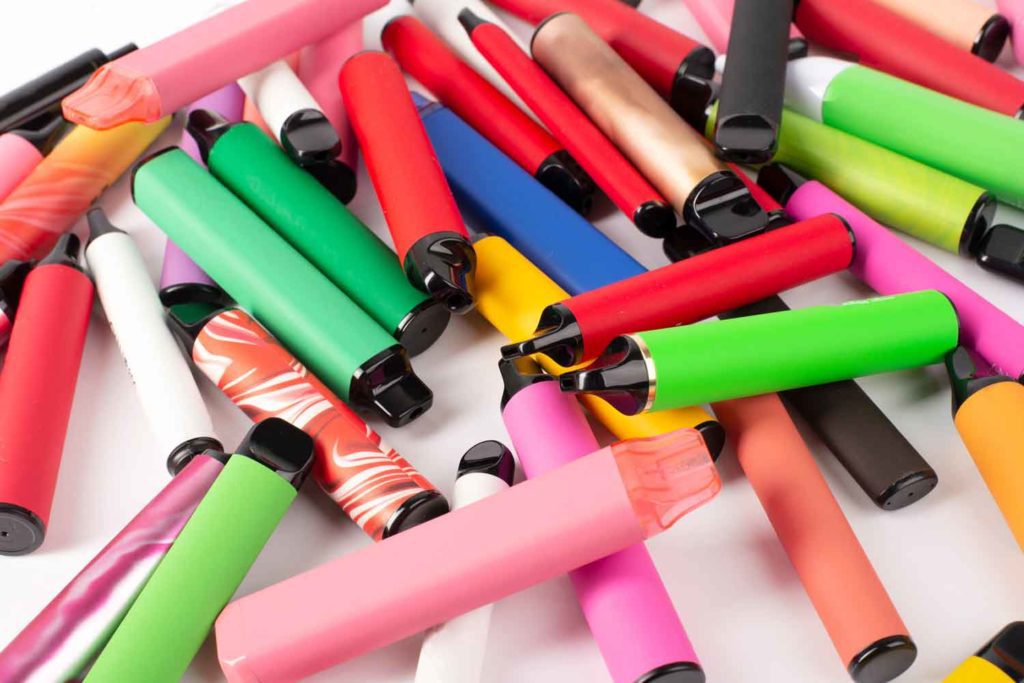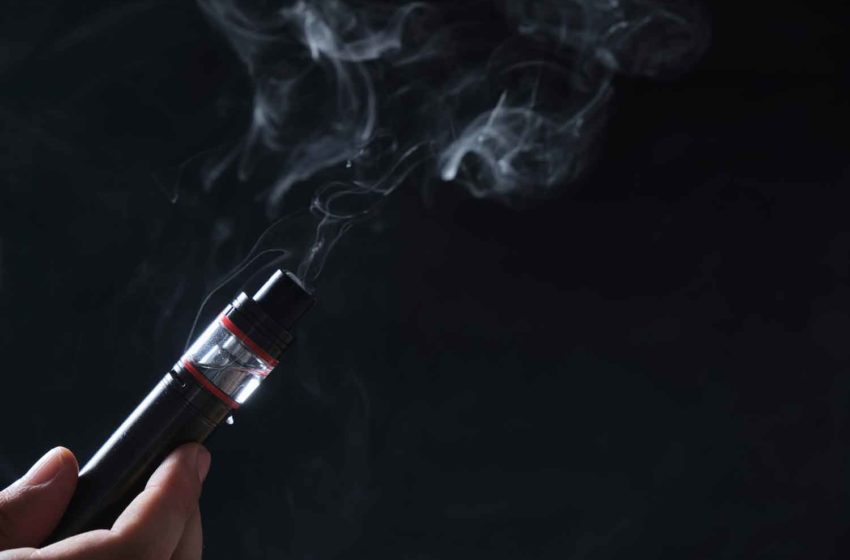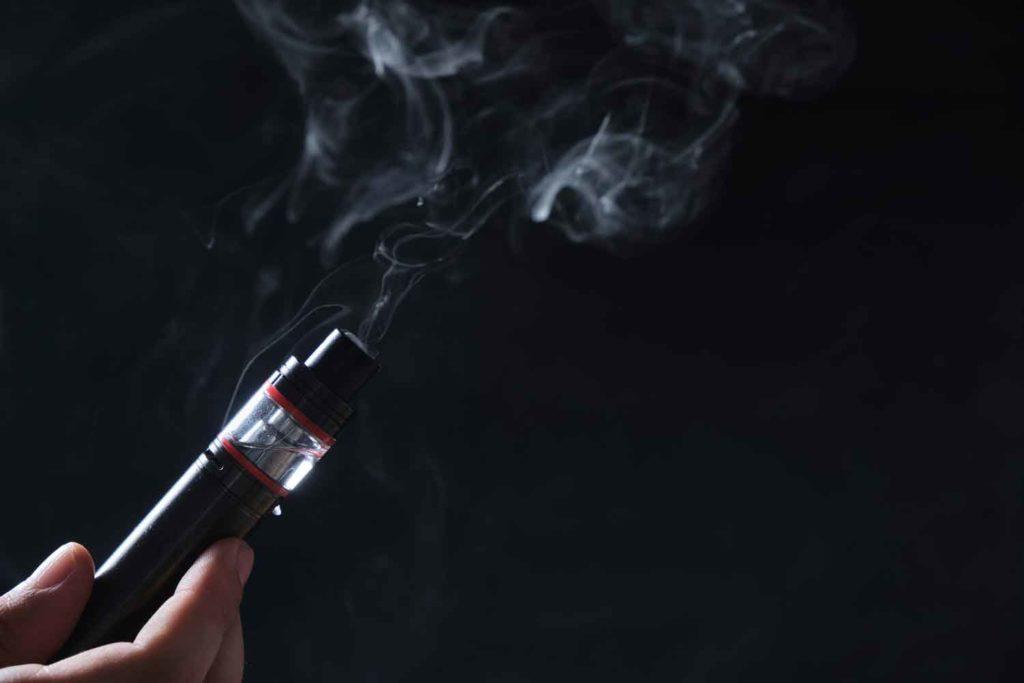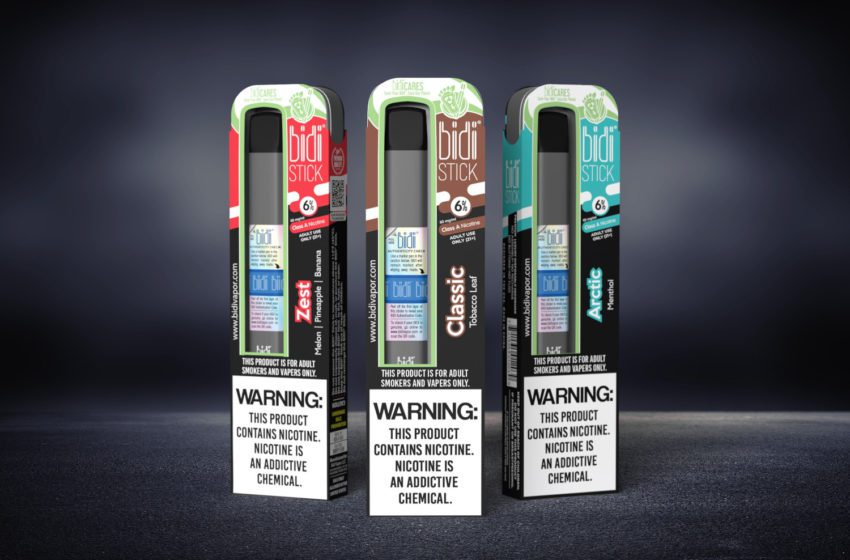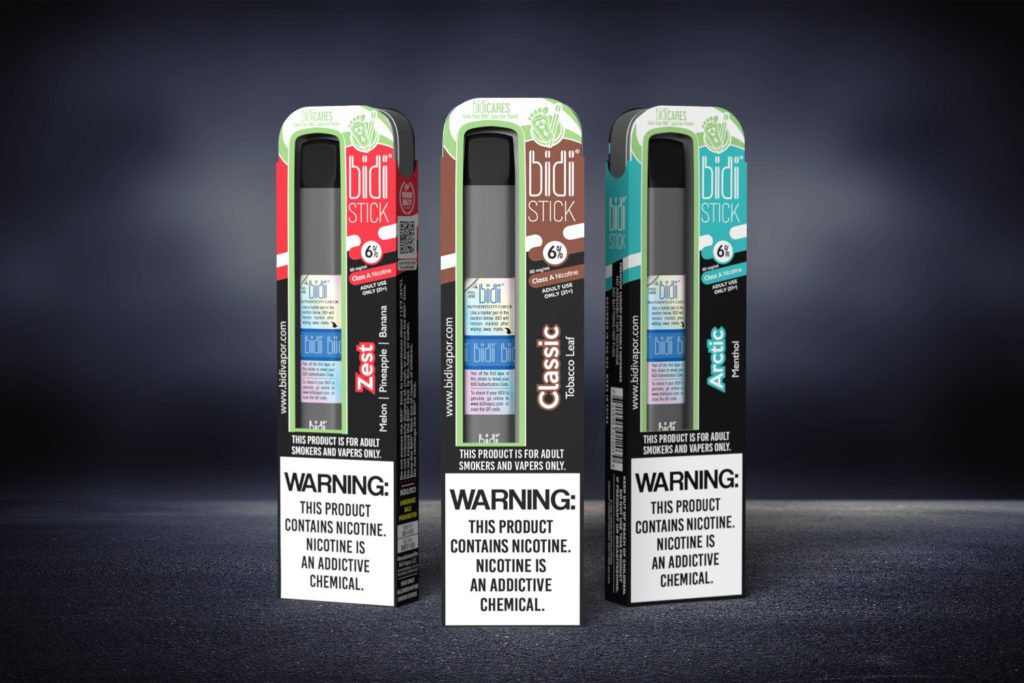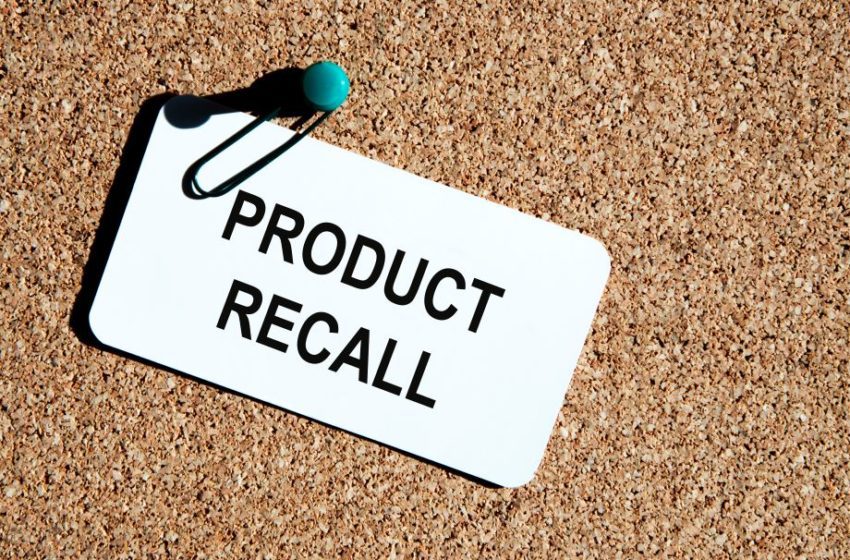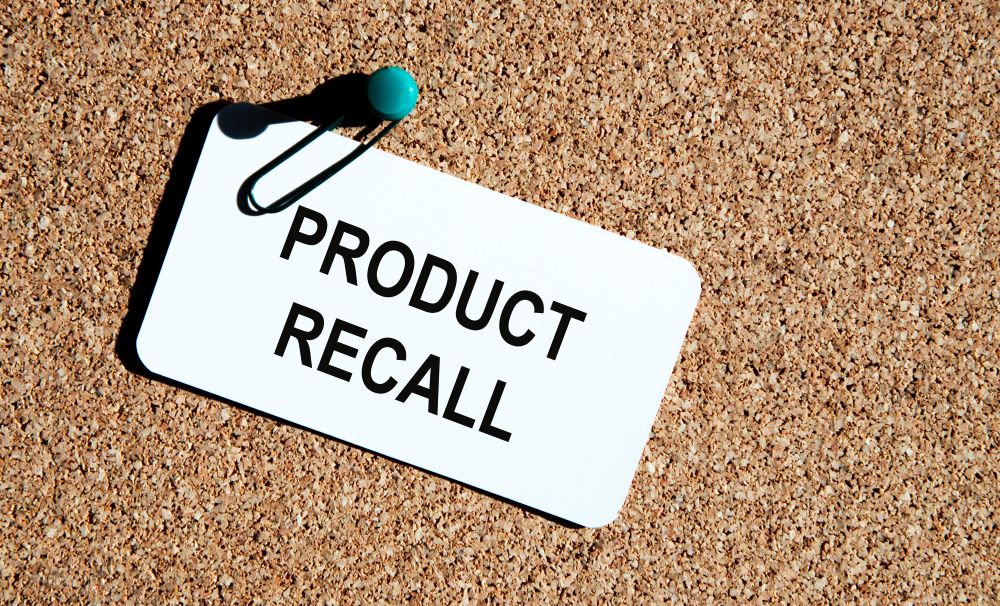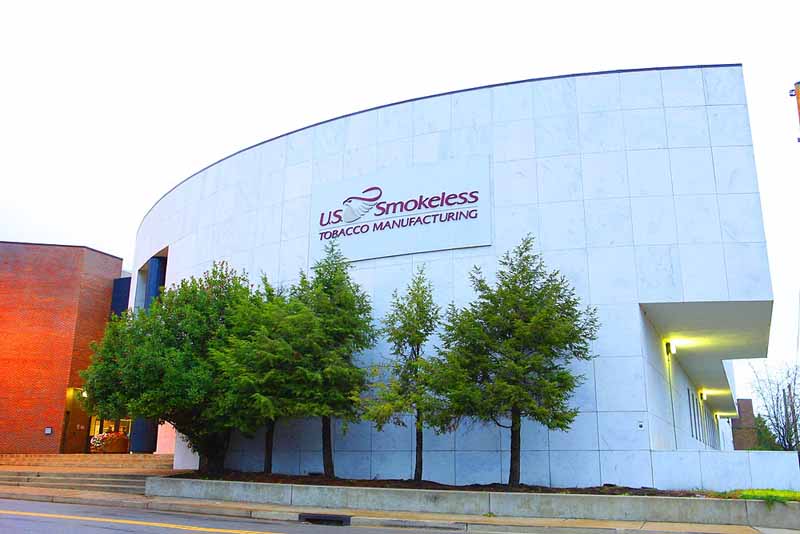
The total tax revenue collected by U.S. states and local governments from the vaping sector remains only a fraction of that extracted from traditional tobacco products, according to a new report published by KBRA.
Vaping devices have gained popularity in recent years, largely due to health concerns around traditional cigarettes, smoking cessation initiatives and rising youth consumption. U.S. product sales for e-cigarettes are estimated at $7.4 billion annually. Capitalizing on this trend, many states and local governments have implemented taxes on these tobacco alternatives.
Despite high expectations, the total tax revenue from these products remains small relative to tobacco taxes—and even smaller as a percentage of budget. This KBRA report provides an overview of the e-cigarette/vape market, examines different forms of taxation by state, and assesses the limitations of these taxes in bolstering state budgets, as well as the possibility for future federal regulation.
Key findings of the report include:
- While the number of states that have implemented e-cigarette and vape device taxes has grown, these tax revenues represent only a small fraction of the traditional cigarette market size. Vaping tax collections still contribute a negligible percentage of current governmental revenues for U.S. states.
- Taxation methods vary among states and localities due to the uniqueness of vaping and tobacco alternative products.
- While a vapor excise tax regime could provide additional sources of revenue for states and localities, there are concerns surrounding states relying on these revenues as long-term solutions to close their budget gaps.
- Increased federal regulations on vapor products, as well as the implementation of a federal excise tax, are probable in the years to come, which could potentially curb usage and associated tax revenue collections at the state level.

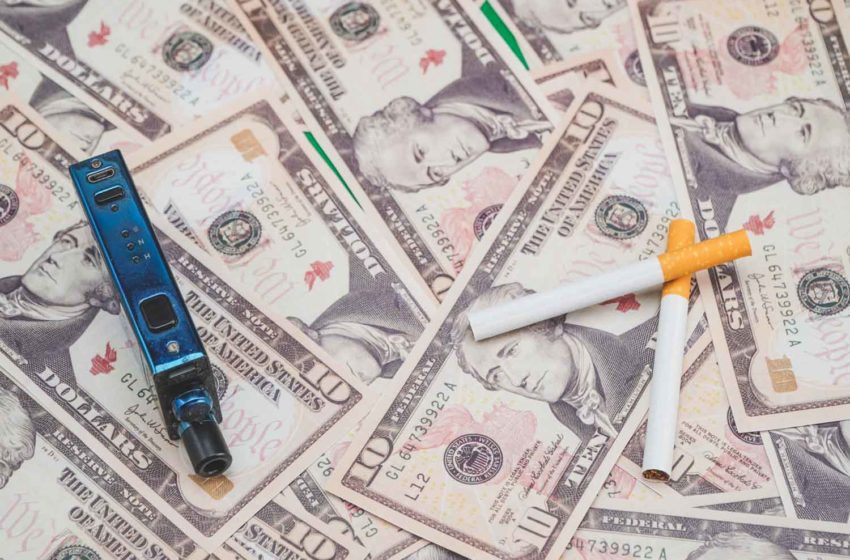
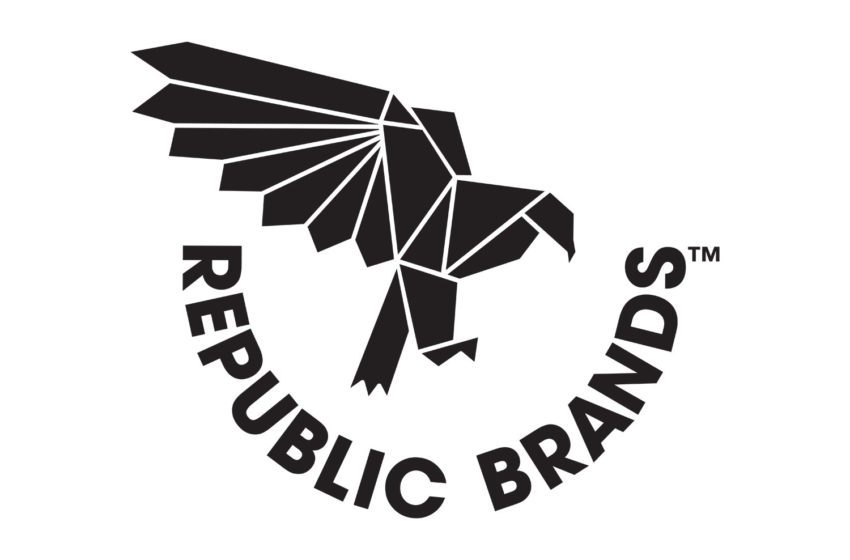
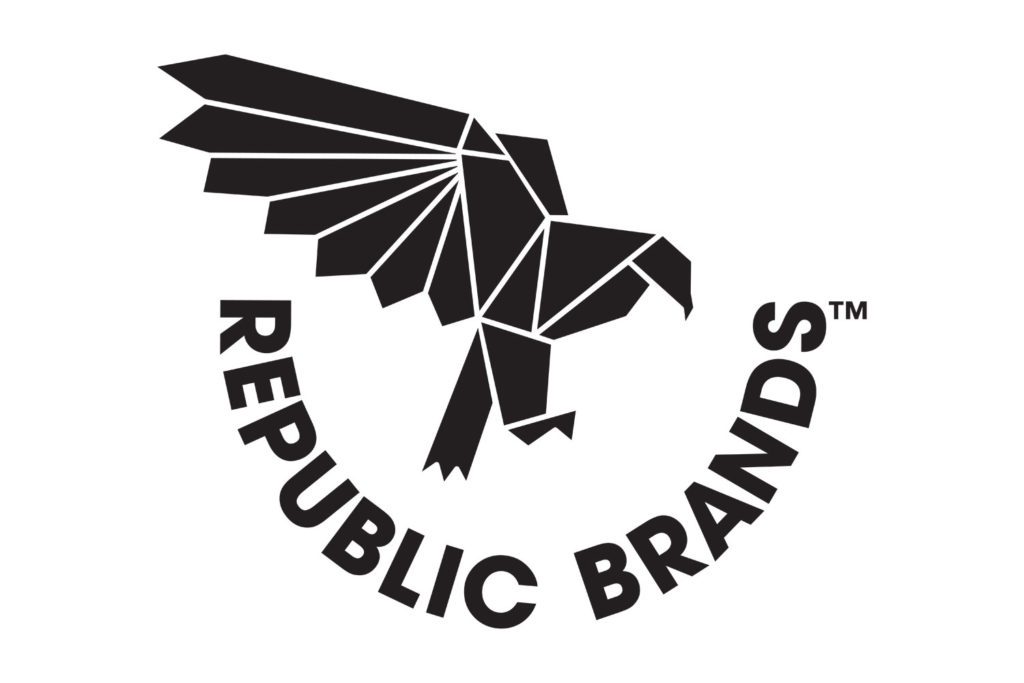

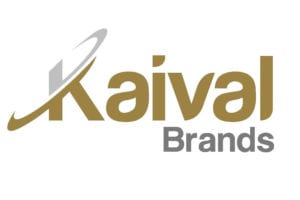 Kaival Brands Innovations Group, the distributor of Bidi Vapor products, has appointed Barry Hopkins, David Worner and Mark Thoenes to its board of directors.
Kaival Brands Innovations Group, the distributor of Bidi Vapor products, has appointed Barry Hopkins, David Worner and Mark Thoenes to its board of directors.

